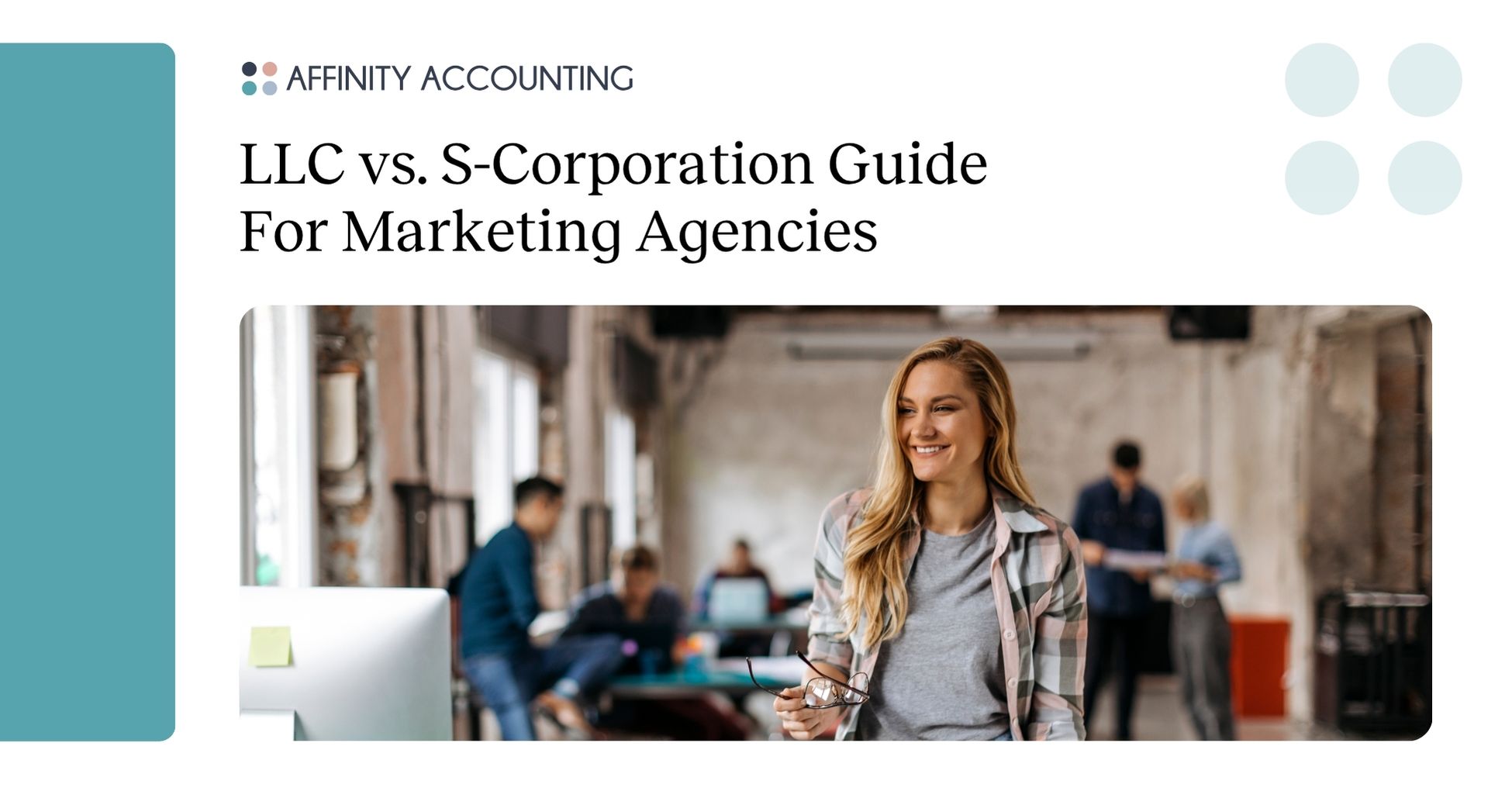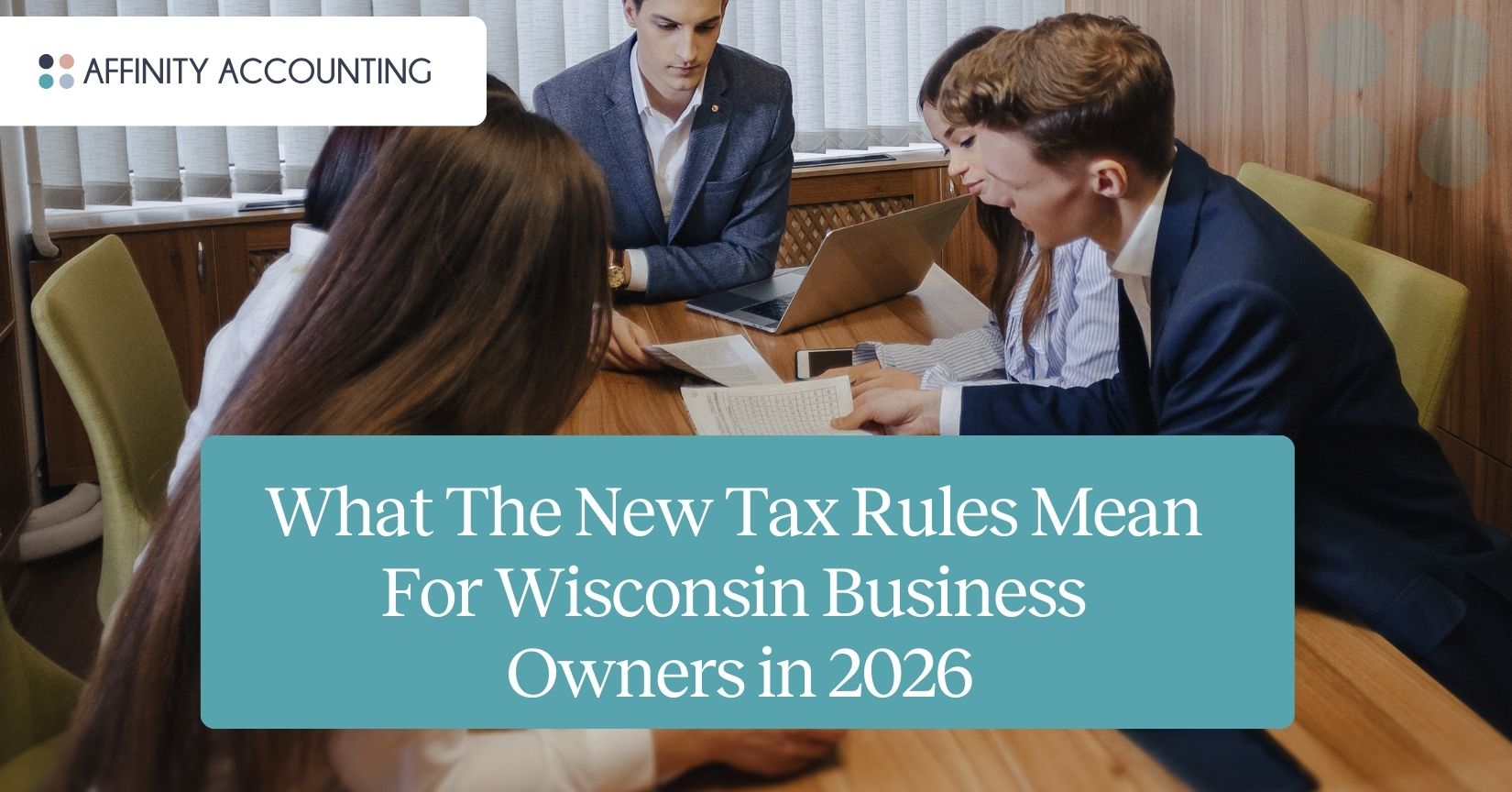If you’re a marketing guru about to start your own agency, one of the first big decisions you’ll face is how to set up your business.
Should you choose LLC vs S Corp for marketing agencies? Or is it something else?
Choosing the right setup isn’t just about checking a box. It affects how you get paid, how you’re taxed, how much paperwork you’ll have to deal with, and even how investors might view your agency down the line.
Let’s walk through the LLC vs. S-Corp decision specifically for marketing professionals like you.
Starting Simple: What Is an LLC?
An LLC (short for Limited Liability Company) is a really flexible, easy-to-manage business structure that also protects your personal assets. It’s super popular with solo agency owners and freelancers because it gives you a legit business setup without all the heavy corporate rules.
Here’s why so many people start with an LLC:
- It protects your personal stuff. Your house, your savings — they stay separate from anything that happens with the business.
- You only get taxed once. Any profit flows through to your personal tax return, so you avoid “double taxation.”
- It’s low maintenance. You don’t have to hold board meetings or fill out tons of paperwork every year.
- When you’re just getting your agency off the ground, an LLC lets you stay focused on what really matters: getting clients, launching campaigns, and building your brand, without drowning in administrative tasks.
What About an S-Corp?
Here’s where things get a little tricky — but stick with me, because it’s worth it.
An S-Corp isn’t actually a type of business entity. It’s a tax election. That means your business — usually an LLC or corporation — chooses to be taxed like an S-Corp.
Why bother? Two words: tax savings.
When you have an S-Corp, you can potentially save a lot of money on self-employment taxes. Instead of paying self-employment tax on all your profits (like you do with an LLC), you only pay self-employment tax on your “reasonable salary.” Anything you make beyond that salary can come to you as a distribution, and distributions aren’t hit with self-employment taxes.
In short: less tax = more money for you.
An S-Corp still gives you personal liability protection too. But it does come with a few more strings attached. You have to:
- Pay yourself a reasonable salary (no skimping!)
- Actually run payroll, even if you’re the only employee
- Keep up with more paperwork and stay on top of stricter IRS rules
It’s definitely not as laid-back as an LLC, but for many agency owners, the savings are worth it.
Quick Comparison: LLC vs. S-Corp
Let’s break it down really simply:
- Setup: LLCs are super easy. S-Corps are a little more complicated.
- How do you get paid: LLC? All profits are yours, taxed as personal income. S-Corp? You pay yourself a salary, plus take home extra profits as distributions.
- Taxes: LLCs pay self-employment taxes on everything. S-Corps only pay payroll taxes on your salary, not your full profits.
- Paperwork: LLCs = relaxed. S-Corps = more to manage.
- Best for: LLCs are great for new agencies and freelancers. S-Corps make sense once you’re growing and earning a steady income.
When Should You Think About Switching to an S-Corp?
Here’s the deal: most marketing agency owners start with an LLC and wait until they’re consistently profitable before switching to an S-Corp.
A good rule of thumb?
If your agency is making somewhere between $80,000 and $100,000 in profit (after expenses), it’s probably time to think about making the move.
That’s when the tax savings from an S-Corp usually start to outweigh the extra admin headaches.
Real-World Example: How the Numbers Work
Let’s use a real-world example.
Imagine your agency pulls in $150,000 in net profit for the year.
If you’re taxed as a regular LLC, you’ll pay income tax plus 15.3% self-employment tax on the full $150K. That self-employment tax alone would cost you about $23,000. Ouch.
But if you elect S-Corp status? You might pay yourself a “reasonable salary” of $70,000. You’ll pay payroll taxes on just that $70K, which would come out to around $10,700. The rest — about $80,000 — gets paid to you as a distribution that skips self-employment taxes.
That means you could save roughly $12,000 in taxes for the year just by switching to an S-Corp.
But Wait – S-Corps Aren’t Perfect
Before you rush to file for S-Corp status, there are a few things you should know.
- You’ll have more compliance requirements. That means payroll reports, W-2s, maybe even payroll software (we like Gusto!)
- Your accounting costs might go up. Most people need professional help at this point to stay compliant.
- The IRS has strict rules about salaries. You can’t just pay yourself $10K and call it a day to avoid taxes — that’s the best way to find yourself in audit territory.
If your income isn’t super consistent yet, dealing with S-Corp admin might just add extra stress instead of extra savings.
What Do We Recommend for Marketing Agencies?
If you’re just starting out, stick with an LLC. You can always make the switch to S-Corp later once your agency is bringing in consistent profits.
When you’re ready to switch, don’t try to DIY it. Find a CPA who knows the marketing and creative industries. It’s a niche, and you want someone who gets the way your agency operates. (Psst… we can help.)
And finally, don’t set it and forget it. Your business will grow and change. So should your business structure. Revisit the decision every year, especially as tax laws and your profits evolve.
So, LLC or S-Corp? Here’s the Bottom Line
If you’re just getting your marketing agency off the ground, an LLC is a fantastic starting point. It’s simple, it protects you, and it lets you focus on growing your brand.
But once you’re making steady profits, choosing to be taxed as an S-Corp could help you keep more of what you earn.
Both structures have their place — the trick is picking the right one for where you are right now.
If you’re feeling a little overwhelmed or just want a second opinion, we’re here to help.
At Affinity Accounting, we work closely with creatives, strategists, and marketers to turn bold ideas into thriving businesses.
Let’s chat about what makes the most sense for your business. Simply head to our Contact page to book a call today.
Until next time.



